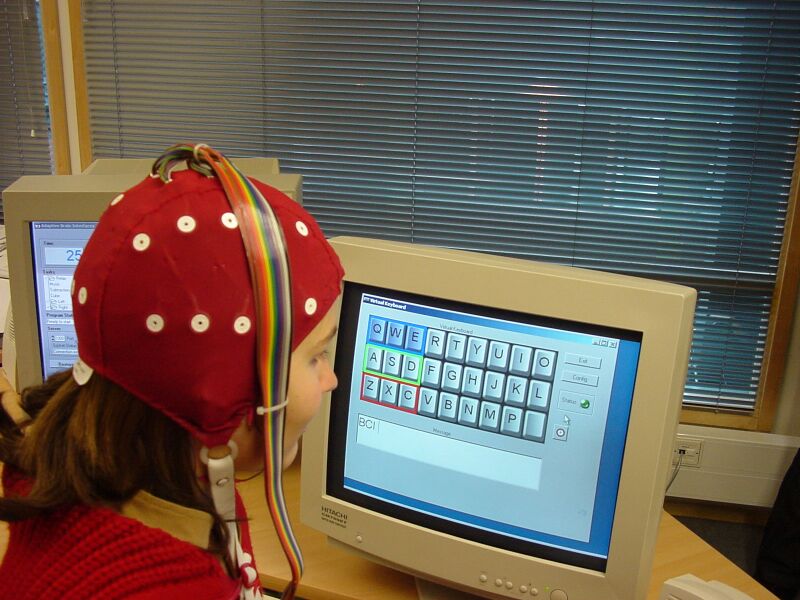.jpg)
As all the cool bloggers do, I attempt to digitize any media I own that isn't viewable on the internet. Here is a poetry book I found in my closet today. All these poems were written outside AC before a poetry reading night about 2 years ago.
.jpg)
.jpg)
.jpg)
.jpg)
.jpg)
.jpg)
.jpg)

Jeff Hogan - Synonym 13369
In the excerpt from the book Utilitarianism, John Stewart Mill explains the ultimate aspiration of utilitarianism, and answers common perceived flaws in that aspiration. In utilitarianism the action which produces the greatest happiness overall is the best moral action. He goes on further to make a distinction between the happiness that is achieved when man's mental facilities are pleasurably satisfied, and base physical pleasures that mankind shares with non-sentient animals. The former being the more desirable happiness in most circumstances. Two moral qualities that are commonly used as arguments against the idea of one ultimate moral good are presented. Mill's method in both cases is to examine commonly agreed upon statements about those moral qualities, and use those statements to show that at their base level, the qualities boil down to a promotion of an individuals happiness rather than some other end.
My belief is that Mill makes a strong argument that all moral actions that are striven for ultimately end in increased happiness for some party. It can be a good guideline for making personal decisions on what actions are good for one's own self to take. However, I'm not satisfied with stating that is the most effective way of deciding the ethics of a society. One of his important points is that the happiness generated for the individual isn't as important as the happiness contributed to society as a whole. This creates a very vague line in many situations. Take the case of a murderer condemned to death through the law system. When the pleasure and pain from that mans death is weighed, many elements are brought to mind. Firstly there is the pleasure of the victims family, they most likely will be happy to see what they consider justice carried out. However it is hard to tell if this pleasure is enough to outweigh the mental anguish the murderer experiences knowing his life will be over. Additionally, what happens to all future pleasure that the murderer might have experienced. It is even possible that under some circumstances the murderer might undertake some action that increases the happiness of a large population of people in the future. For example, he might experience a religious reform while imprisoned, be paroled, and through his contribution to charities and social programs, give pleasure to a far-reaching group of individuals. Any event that may seem to have a clear measure of pleasure and pain in the short-term, might have far reaching effects that cannot be judged. This is one of the core problems I have with Utilitarianism. Using the end result of actions as the deciding factor in ethical decisions is very difficult when no person has the ability to see into the future.
Even when based on prior experiences we have the problem of varying derived happiness from actions. In the case of a masochist, they are compelled to cause pain to their-self, and in doing so they also cause their-self mental pleasure upon fulfilling a need. If you accept the argument for the superiority of mental happiness over physically happiness, then clearly, as far as the masochist is concerned, they are doing more good than harm. A person that has never experienced such a desire, is in no position to make a judgement on the morality of such an action. A regular person will make the judgement that causing self-harm is a morally wrong action, even though for some individuals that is not the case.
The examples I have used, don't necessarily work when society is deciding on the best course of action as unified entity. Yet, they still work on a personal level. The murderer could make a judgement on whether it is right for him to continuing living. If Mill is right that almost all men desire mental pleasure over any other. I don't see how anyone would judge giving up the pleasure entirely as the right course of action. Of course, having criminals decide their own punishment is unreasonable, more likely I would recommend some alternative moral philosophy. The masochist is clearly in a position to decide whether their self-harm is justified. Others may decide for themselves if it is justified in their individual case, but have no right to decide on the part of the masochist. While many of the base ideas of Utilitarianism are perfectly valid. Expanding those ideas backwards and forwards in time, as well as expanding them to society altogether, leaves me unsatisfied that the right action can be carried out in every case.

